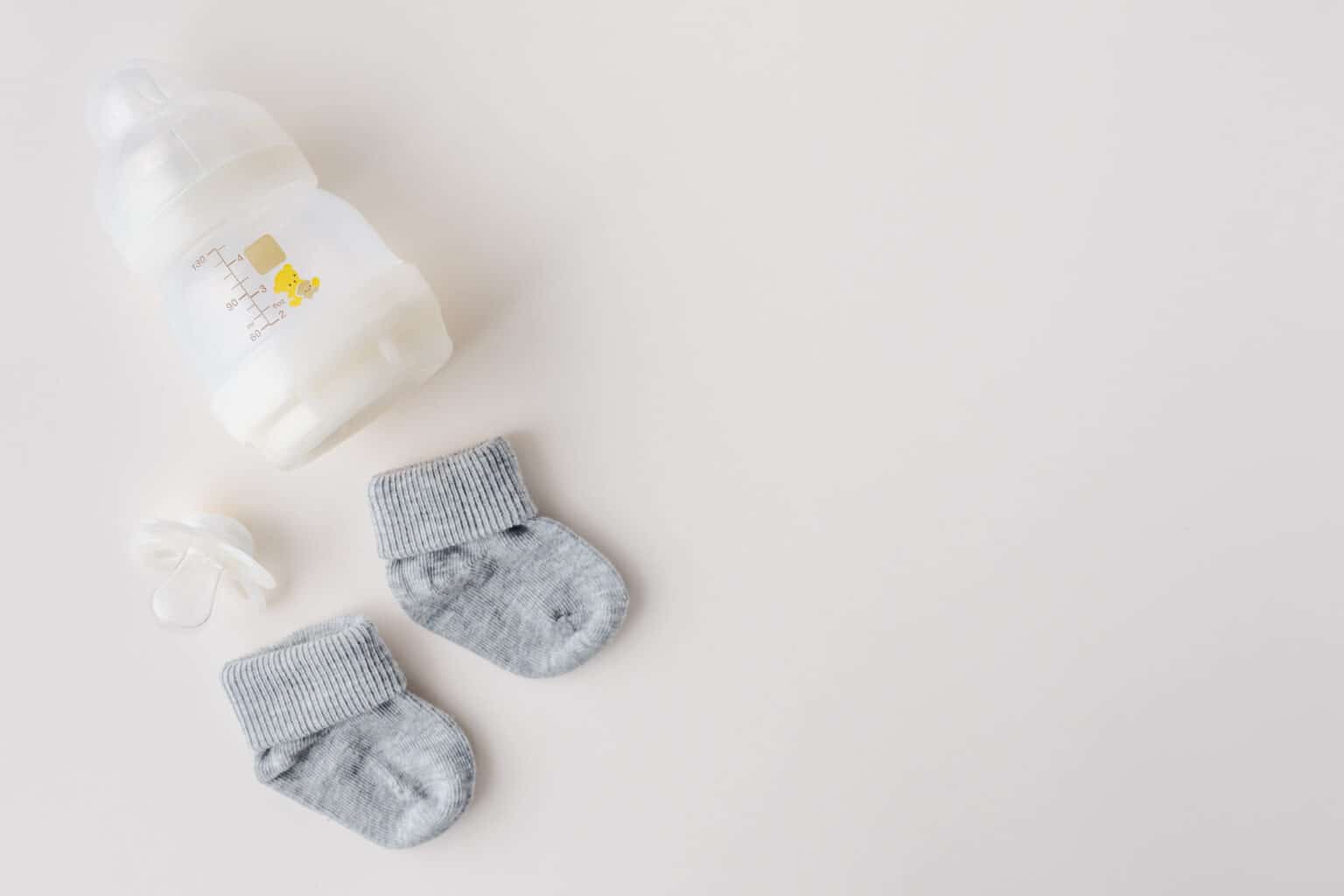Author: Junia Prakash
Dr Prakash is a physician-writer who addresses everyday health concerns in her articles. She uses her medical knowledge as well as her own personal experiences to demystify the complexities associated with health and lifestyle.
Would you like to enjoy your time outside while simultaneously cutting back on calories? Read on to find out more. Making Healthy Choices While Dining-out Here are a few ways to make healthy food choices and to eat less while dining out. Request Customisation – Less Oil, No Sugar… Less oil, no added sugar, less salt, no butter, less cheese, less mayo-based sauces……let the waiter know your requests. It’s better to be very specific about your customisation than to give a general request. For example, if you are having Rotis (flat bread), request that butter or oil need not be…
Is your child falling ill often? Is he less active than other kids? Food choices made in early life impact health in adulthood. It is not easy to make children eat what they need to, however, certain hacks can be employed to achieve the child’s nutrition goals. Read on to learn more. Why Should Our Kids Eat Right? Frequent illnesses among children can be due to lowered immunity. Deficiencies of vitamins and minerals such as vitamin C and zinc are associated with lowered immune defenses. Research has shown that risk factors for heart disease and diabetes in adulthood begin with…
The WHO’s Global Oral Health Status Report of 2022 has estimated that oral health conditions affect nearly 3.5 billion people worldwide. It includes the oral health profiles of individual countries including India. Read on to learn more. Global cases of oral diseases have increased by 1 billion over the last 30 years. Much of the disease burden has been linked to modern lifestyle changes. Common conditions of the mouth such as tooth decay, gum disease, tooth loss, injuries, and oral cancers are highly preventable and can be treated in the early stage Oral Health Profile of India The World Health…
With over half a billion people worldwide suffering from diabetes, more research is being done to find novel treatment options. Studies have shown that an adequate vitamin D level in the body can prevent diabetes and improve blood sugar control. Read on to find out more. Understanding Diabetes Diabetes is a chronic disease in which the pancreas cannot produce enough insulin (type 1 diabetes) or the body is unable to effectively use insulin (type 2 diabetes). Insulin is a hormone that regulates our blood sugar levels. It converts the blood glucose to its storage form called glycogen, thereby reducing the…
Every two seconds, somebody is in need of blood. With only 3% of the eligible population donating each year, there is an ever-present need for life-saving blood. Surprising to know is there are amazing health benefits to donating blood even for the donors. Read on to find out more. Why is Blood Needed? The need for blood and its products is universal. Blood cannot be made outside the body. It also comes with a limited shelf-life. Blood and blood products are needed to care for: What are the Health Benefits of Donating Blood? There are many positive effects on our…
Originating in Africa over 50 years ago, this viral illness, a temperate brother of the deadly smallpox, has captured the attention of health authorities worldwide. With over 100 countries reporting outbreaks this year, monkeypox has emerged as a public health emergency of international concern. Read on to find out more about the disease and what we can do to prevent it. The Origin of Monkeypox Monkeypox is caused by a virus of the Poxviridae family, the same as that of smallpox. Monkeypox was discovered in 1958 when two outbreaks of a pox-like disease occurred among monkeys kept for research purposes.…
Babies under the age of 1 require the right quantity of protein, fat, calcium, iron, and other minerals for their normal growth and development. Cow’s milk is a good source of these nutrients, nevertheless, it is recommended to avoid it until they’re a little older. Read on to find out why. Image by rawpixel.com on Freepik Deficiency of Iron Studies have found that cow’s milk is a strong determinant of the baby’s iron status, with each month of cow’s milk feeding increasing the risk of iron deficiency by 39%. Risk of Dehydration Cow’s milk contains higher quantities of protein, sodium,…
A short diarrheal illness with deadly outcomes, this disease has seen a resurgence in recent years with the highest number of outbreaks occurring in 2022. Read on to find out more. History of Cholera Cholera is said to have spread across the world from its original reservoir in the Ganges delta in India in the 1800s. It has, however, been mentioned much earlier in the writings of the Greek physician Hippocrates (460 BC) and the Indian surgeon Sushruta (800 BC). Subsequently, there have been six cholera pandemics that have killed millions of people all around the world. The current (seventh)…
Contact us:
online@asianatimes.com
Copyright © 2024 Asiana Times. All Rights Reserved














